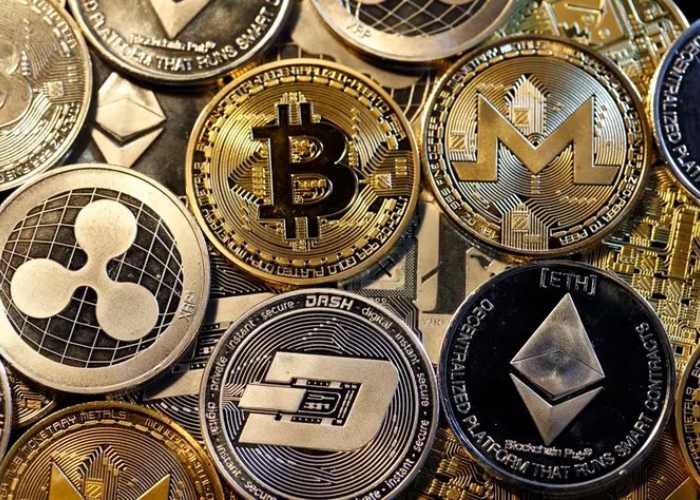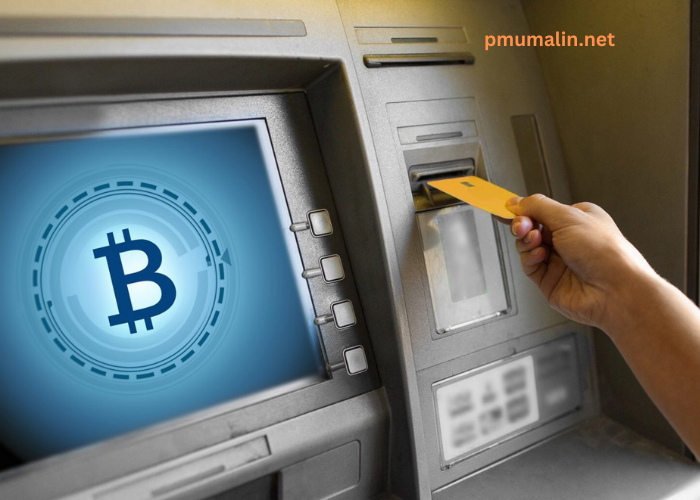Blockchain technology has been gaining attention in recent years due to its potential to revolutionize the way we transact and store data. Blockchain technology offers several advantages over traditional methods of record-keeping and transaction processing, such as enhanced security, increased speed, and reduced costs. This technology could have a major impact on the future of data storage, financial transactions, and even smart contracts. However, there are still some challenges that must be addressed before blockchain technology can reach its full potential. In this blog, we will discuss what blockchain technology is, the benefits it offers, examples of its usage, and some of the scaling challenges that need to be addressed.
What is Blockchain Technology?
Blockchain technology is a system of recording and storing data in a distributed ledger. This ledger is composed of blocks, each of which contains information about the transactions that have occurred since the previous block. This data is stored in a secure, decentralized manner, meaning that no single person or entity has control over the ledger. The data stored in a blockchain can be anything from digital currency transactions to digital records of ownership.
Benefits of Blockchain Technology
Blockchain technology offers several key advantages over traditional methods of record-keeping and transaction processing. Firstly, it is very secure. Each block in the ledger is encrypted, meaning that it can only be accessed by those with the correct keys. This makes it virtually impossible for any malicious actors to access or alter the data stored in the blockchain. Secondly, it is also much faster than traditional methods. Transactions can be completed in a matter of minutes, whereas traditional methods can take days. Finally, it is also much cheaper than traditional methods. By eliminating the need for a third-party intermediary, such as a bank or credit card company, transaction fees are drastically reduced.
Examples of Blockchain Usage
Blockchain technology is being used in a variety of ways. One of the most popular applications is in the form of digital currencies, such as Bitcoin or Ethereum. These currencies are created and exchanged using the blockchain ledger, and are becoming increasingly popular as a way to conduct transactions without relying on traditional banking systems. In addition, blockchain technology is also being used to create and store digital records of ownership for a variety of assets, such as land titles or intellectual property. Finally, blockchain technology is also being used to create “smart contracts”, which are agreements that are automatically enforced by the blockchain without the need for a third-party intermediary.
Scaling Challenges of Blockchain Technology
While blockchain technology offers many benefits, there are still some challenges that must be addressed before it can reach its full potential. One of the main problems is scalability. Current blockchain systems are not able to handle the large number of transactions that would be required for widespread adoption. This means that if blockchain technology is to be used on a large scale, the system must be able to handle a large number of transactions without becoming overwhelmed. Another challenge is the lack of compatibility with existing systems. Most existing systems are not compatible with blockchain technology, which means that in order to use it, companies must either create their own blockchain or retrofit their existing systems to use it.
Conclusion
Blockchain technology has the potential to revolutionize the way we store and transact data, offering enhanced security, increased speed, and reduced costs. However, there are still some challenges that must be addressed before blockchain technology can reach its full potential, such as scalability and compatibility with existing systems. If these challenges can be addressed, then blockchain technology could have a major impact on the future of data storage, financial transactions, and even smart contracts.






